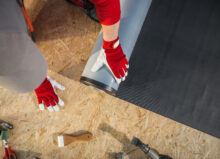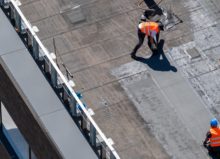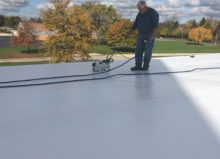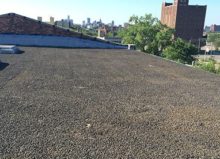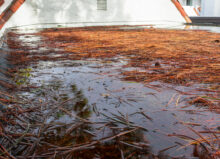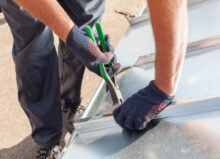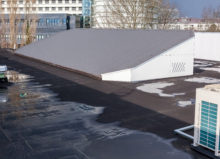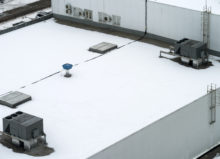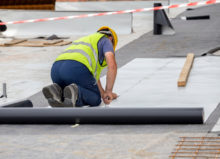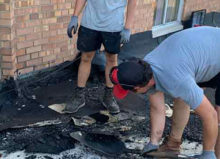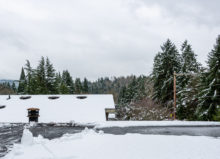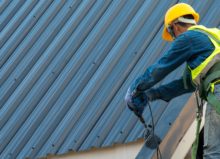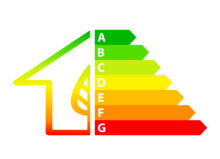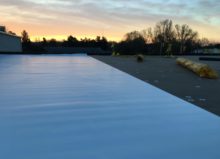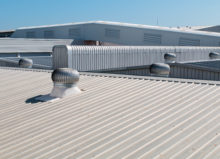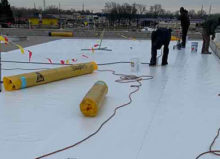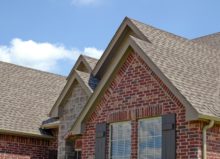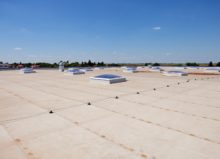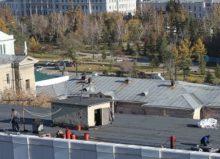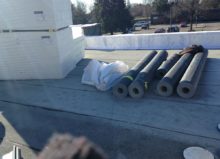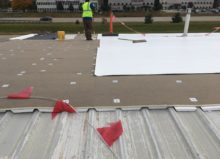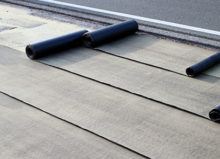What To Know About Commercial Roof Warranties
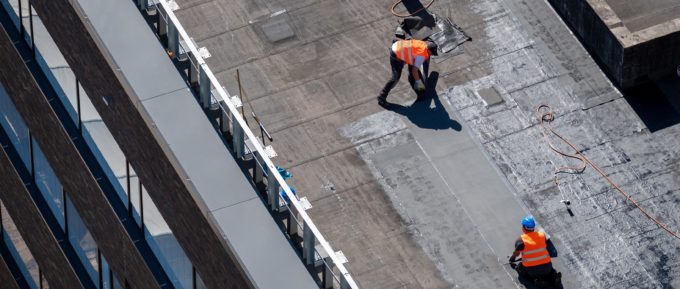
As the owner of a business, there are some important things to know about the various types of commercial roof warranties. The roof of your building is a company asset and needs a product that will cover damages and make certain repairs happen within a reasonable time period. Read the details carefully, since the quality of coverage will vary depending upon the company that issues the warranty.
It is a good idea to check this information before buying or replacing a roof because owners are usually held responsible for certain kinds of upkeep in order to maintain guarantees. Let’s look at the three main warranties available, what they offer and what to search for in the fine print.
Who Is the Issuing Company?
The reputation of the company providing a warranty is a good indicator of the quality of the coverage you will receive. Check with the Better Business Bureau in your area or use online resources to check on a company’s background. It is important to look for businesses that have longevity in a community and get good reviews from the customers who use their services. There are two main entities that issue roofing system warranties that involve specific agreements:
- Contractors: They provide an installer written guarantee that ensures the repair of workmanship issues and the replacement of faulty products within a designated period of time.
- Material Manufacturers: They give a manufacturer’s written guarantee that ensures the repair or replacement of defective products within a specified time period.
It will save you a lot of unnecessary complications if you choose a certified roofing contractor. They are trained to work with the manufacturer’s systems and provide the professional installation you need from the start.
What If You Don’t Want to Work With the Original Commercial Roof Installer Again?
Most commercial roofs come with a two-year workmanship warranty, which means if something were to go wrong within the two-year period following initial installation, any work covered by the warranty would have to be provided by the original contractor.
When this two-year workmanship warranty expires, you’re free to use a different contractor if you choose. However, it’s important that your new contractor is certified by the manufacturer that owns the warranty. If the new contractor isn’t, it could void the warranty and force property owners to pay out of pocket for any repairs.
Since you report roof issues through the manufacturer, be sure to request another contractor if that two-year workmanship warranty with your original contractor has expired. Most manufacturers will provide property managers with a list of certified contractors that can perform the work required. From there, you can make your selection.
What Types of Warranties Are Available?
Issuing companies provide three manufacturer’s warranties and a roofing contractor warranty.
Manufacturer’s Warranties
- NDL Warranty: NDL means there is no dollar limit. This is the best commercial roofing warranty available. Given correct use, the manufacturer will cover all defects and product failures within the agreed time period regardless of the cost to repair or replace. The materials installation must follow technical specifications requested by the manufacturer, and a warranty is issued when an inspector is satisfied with the outcome.
- Material Warranty: Materials coverage provides that a product is guaranteed not to fail within a specified period of time (usually a number of years). These are popular limited warranties because they are either free or are purchased at a low cost. This mainly covers aging and defect issues. It does not cover problems with accessories or the cost of labor for repair or replacement.
- Labor and Material Warranty: This warranty covers labor and material defects. This differs from the NDL because of the maximum limit on a manufacturer’s responsibilities. It is pro-rated since the coverage for repair and replacement of defective parts is based on the time a problem occurs. Older materials will receive less coverage under this guarantee.
Contractor Warranty
This covers the workmanship of contractors responsible for roof installation on both labor and product defects. Typically, this includes any materials a roofer installs, aside from the materials manufacturer, and remains in effect between one and five years. We recommend you look for a contractor who will guarantee their work and be transparent about warranty information.
What Usually Isn’t Covered Under Warranties?
Each commercial roof warranty is unique, but you’ll likely find that there are a range of issues that aren’t covered under most warranties. These may include:
- Neglect: Without proper maintenance, any roof can become more susceptible to damage. That’s why it’s suggested that a commercial property have its roof professionally inspected at least once a year. Failure to do so and take proper action on repairs can lead to big problems. And, if it’s determined that a lack of proper maintenance was a contributing factor to these problems, the warranty may be voided due to neglect.
- Non-Roofing Issues: Leaks from rooftop HVAC units that damage the roof, or equipment that is related to the roof that may have caused damage, are often not covered. This could also include any solar panel installations or equipment installations that potentially damaged the roof.
- DIY Repairs: Any roofing repairs should always be left to professional contractors, especially those that hold certifications with the manufacturer that owns your warranty. If someone else were to perform a repair or modification that resulted in roofing damage, the warranty could be voided.
- Acts of God: In legal terms, Acts of God are considered uncontrollable events. In some cases, Acts of God either limit or exclude coverage. Any roofing damage or leaks caused by natural disasters or “uncontrollable events” are typically not covered by commercial roof warranties, but repairs are likely covered by insurance.
Furthermore, roof warranties may not transfer between property owners.
Tip #1: Always Read Your Warranties Before Purchasing
There can be many technicalities written into warranties that could void them. For example, some manufacturers will void the warranty if there is an installation error. Improper addition of skylights, satellite dishes, gutters, and more may also void parts or all of the warranty.
Warranties are designed to provide peace of mind for property owners, but they’re often written in ways to protect the manufacturer as well. The bottom line is to make sure you fully understand the warranty before you purchase your new roof.
Tip #2: Make Sure Your Warranty is Registered
In order for a warranty to provide coverage, it must be registered. Registration is typically done by the contractor who carries out the project after ensuring that the work meets the manufacturer’s specifications. Be sure you follow up with the contractor on this and receive a copy of the registered warranty.
Have Questions? Contact Summit Commercial Roofing
Summit Commercial Roofing is a family-owned and -operated commercial flat roofing company in Southeast Michigan. For over 50 years, we’ve handled hundreds of commercial roof installations, replacements, and repairs. If you have general questions about commercial roof warranties or would like to learn more about our services, don’t hesitate to reach out to us today.

